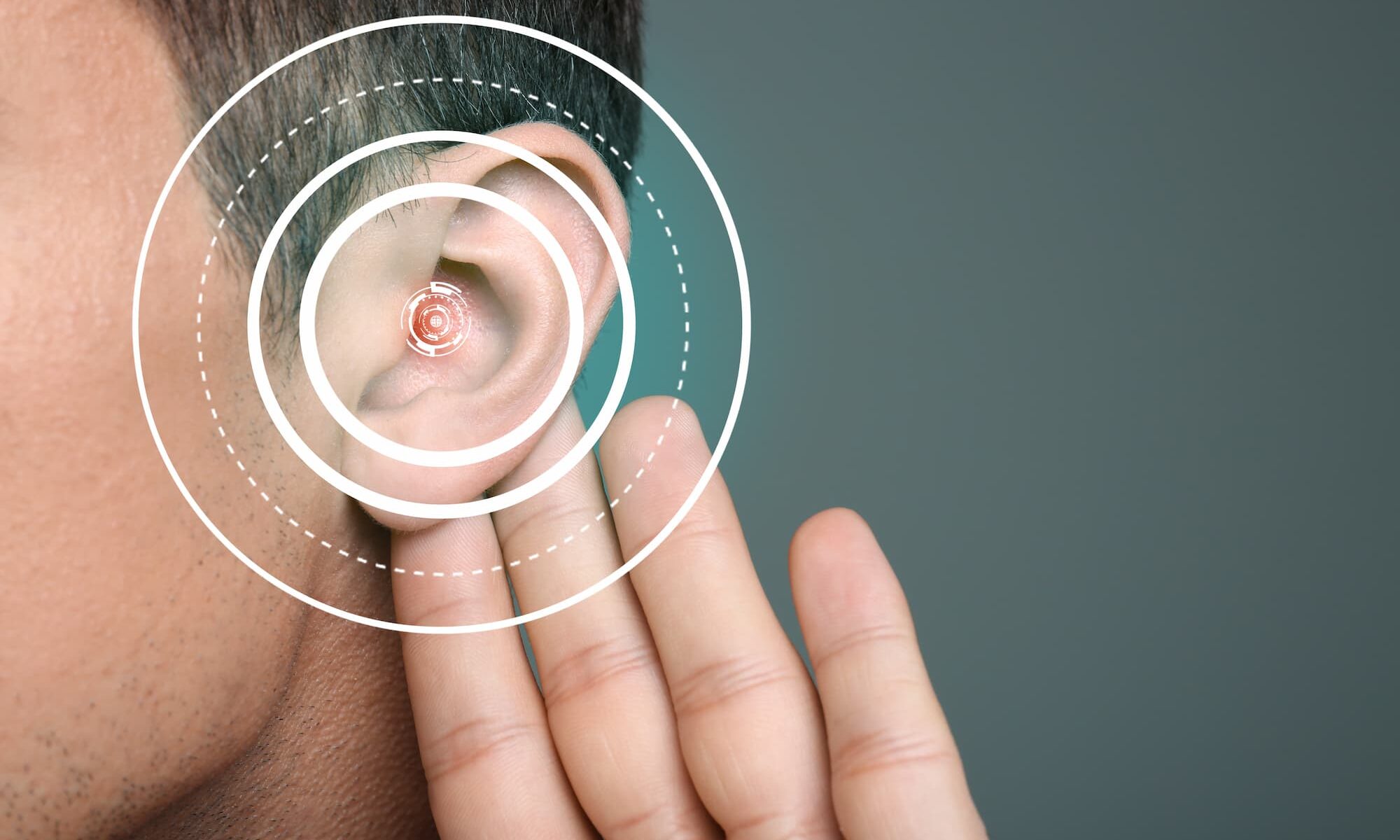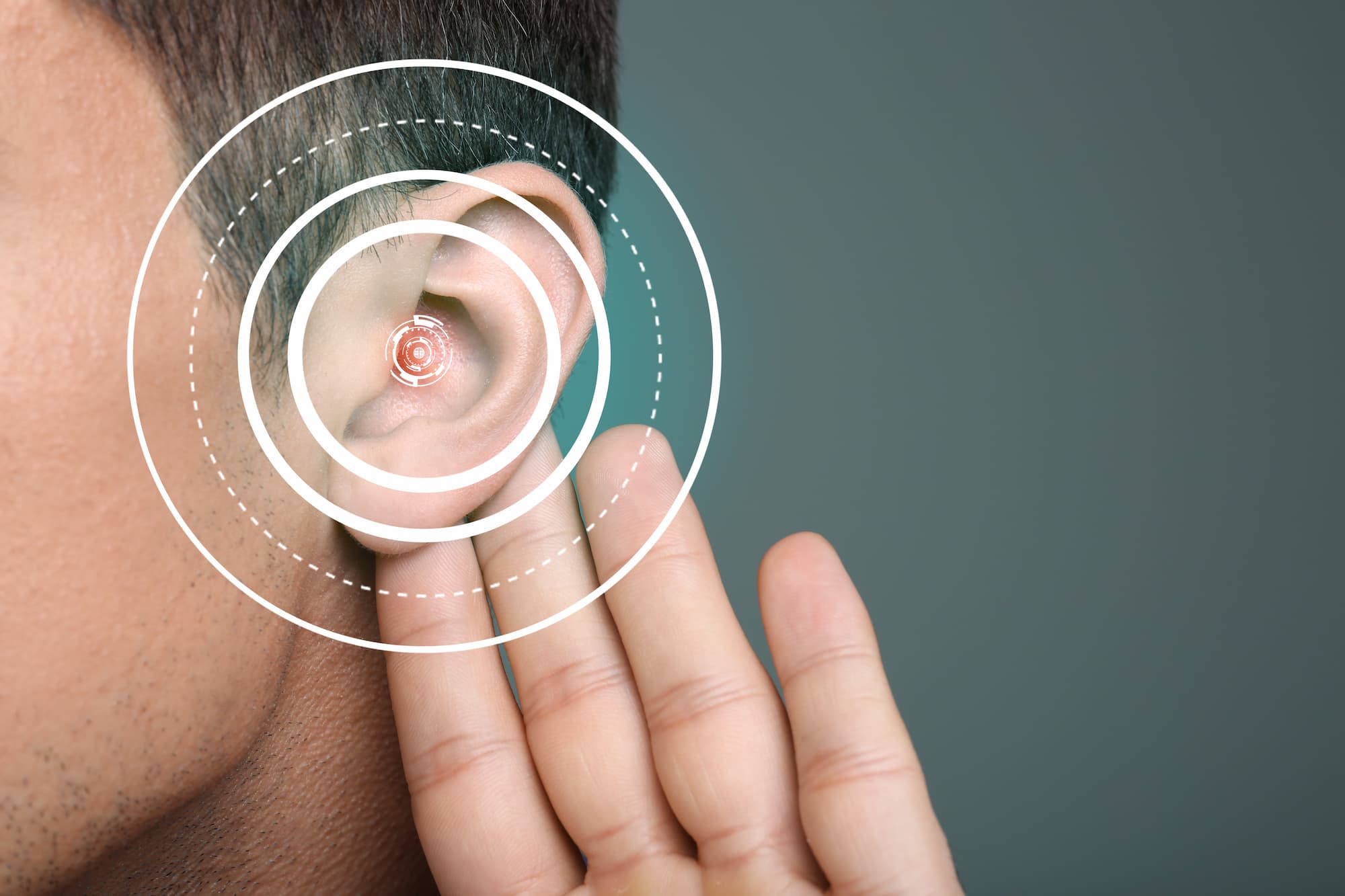Hearing loss is a common issue that affects many people, and it can come in various forms. Two types of hearing loss that are often misunderstood are high-frequency hearing loss and low-frequency hearing loss. Understanding the differences between these two is crucial for proper diagnosis and treatment.
Let’s explore the nuances of high-frequency and low-frequency hearing loss, their causes, and the signs and symptoms to look out for. That way, you are prepared if you begin to experience symptoms.
At Memorial Hearing, we are a reputable hearing center in Houston, TX, that provides services to individuals with high-frequency and low-frequency hearing loss. If you experience any of the following symptoms, we encourage you to call for an evaluation today.
What Causes High and Low-Frequency Hearing Loss?
High-frequency hearing loss is most often caused by aging and exposure to loud noise. Other factors, including certain medical conditions, medications, or genetic predisposition, can also contribute to high-frequency hearing loss. This type of hearing loss is more common and typically affects the ability to hear consonant sounds in speech, which makes it hard to understand conversations, especially in noisy environments.
Low-frequency hearing loss, also known as reverse slope hearing loss, is less common. This type of hearing loss can result from genetic factors or certain medical conditions like Meniere disease. It could also be a side effect of some medications. Unlike high-frequency hearing loss, people with low-frequency hearing loss may struggle to hear vowel sounds and lower-pitched consonants. They may also have trouble hearing men’s voices since their vocal tones are typically lower than women’s and children’s.
What Are the Signs and Symptoms of High and Low-Frequency Hearing Loss?
The most common symptom of high-frequency hearing loss is difficulty hearing and understanding speech, especially in noisy environments. Other signs include:
- Frequently asking people to repeat themselves
- Needing to turn up the volume on electronic devices
- Missing high-pitched sounds like bird songs, children’s voices, alarms, or doorbells
- Feeling like people are mumbling or not speaking clearly
- Experiencing a ringing or buzzing sound in your ears, a condition known as tinnitus
People experiencing low-frequency hearing loss might struggle to hear deeper bass sounds like the hum of a refrigerator or the low notes on a piano. They could also have difficulty hearing male voices or sounds in a crowded room. This type of hearing loss can also cause a sense of fullness in the ears.
Common symptoms of low-frequency hearing loss include:
- Difficulty understanding the melody and bass lines in music
- Struggling to distinguish sounds in a noisy environment
- Difficulty hearing lower voices, particularly from men
- Trouble hearing or understanding whispered speech
- Often hearing a low roaring or rushing sound, similar to the sound of the ocean in a seashell
How Memorial Hearing Can Help
At Memorial Hearing, we offer comprehensive hearing evaluations and diagnostic services to accurately identify your type of hearing loss. Our experienced team uses advanced technology and techniques to pinpoint the cause of your hearing issues and provide solutions tailored to your individual needs.
We offer customized solutions for people with high-frequency and low-frequency hearing loss, including digital hearing aids, cochlear implants, and other assistive listening devices. Our team is committed to improving your quality of life by providing the best hearing solutions for your specific needs.
Get in Touch With Memorial Hearing
Both high-frequency and low-frequency hearing loss impact your hearing ability, but they present in different ways and require different treatments. Early recognition and intervention can drastically improve your quality of life.
If you’re experiencing symptoms of hearing loss, don’t ignore them or neglect your health. Our caring providers at Memorial Hearing are here to assist you with comprehensive evaluations and personalized treatment plans to improve your day-to-day life.
Don’t wait another minute to address your hearing concerns. Contact Memorial Hearing for an evaluation and personalized assistance. Visit our website or call us today.
Image Source: Africa Studio/Shutterstock


